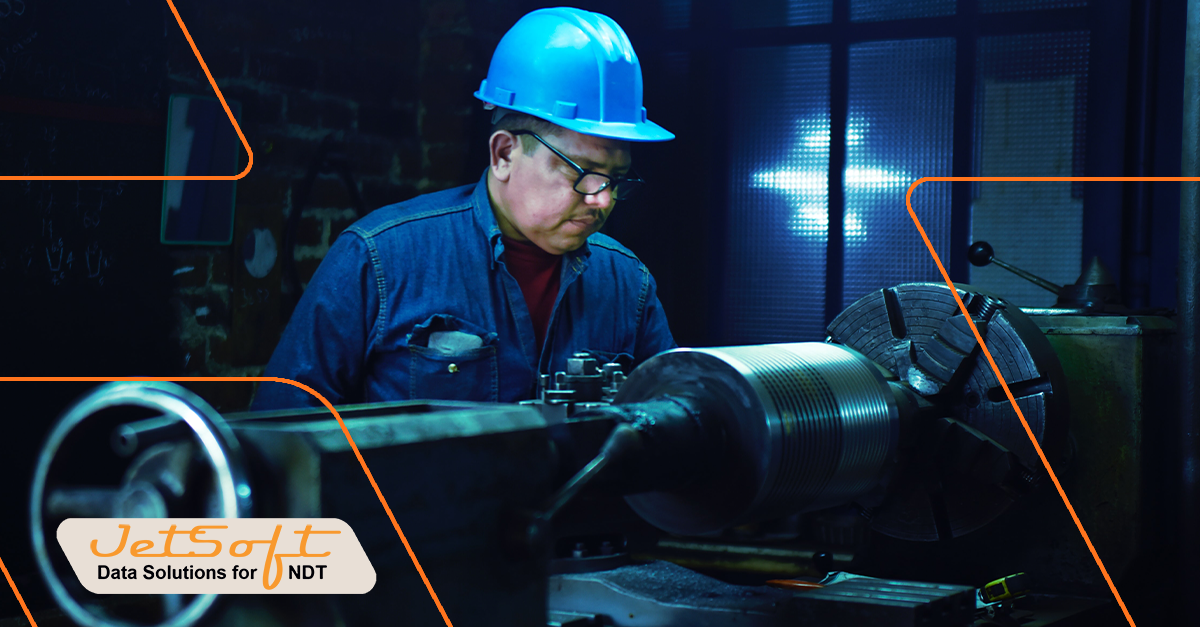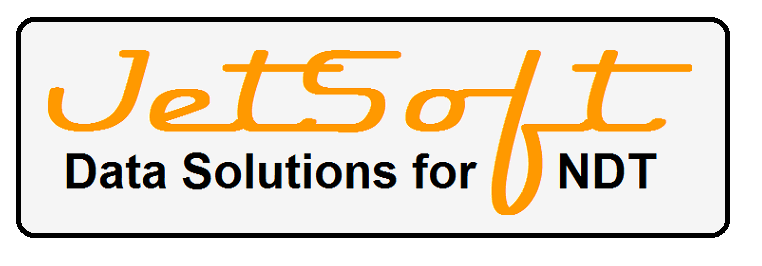As we emerge from the climate conference in Glasgow, all manufacturers are facing the challenge of the journey to net-zero, and many are utilising digitalisation to reach these goals. The manufacturing industry is one of the largest contributors to greenhouse emissions globally. Manufacturing in the US accounts for 23% of the total direct carbon emissions, according to the Environmental Protection Agency. Most of the direct emissions produced are generated during the production process.
The manufacturing industry must accept their heavy responsibility for contributing to greenhouse emissions, as they edge closer to the 2050 net-zero target. Drastic reductions in emissions need to be seen throughout the next several decades and the industry must adopt new and clean approaches by planning and investing in a comprehensive roadmap to commit to action.
A New Identity
When the manufacturing industry embraced digital technologies, it paved the way to a new identity of smart manufacturing. The adoption of artificial intelligence, the internet of things and 3D printing are among the technologies that are linking systems and processes, across areas of production, design, and services, to reduce costs and stay ahead of competitors. The innovation of digital technology is now vital to enable the transition to net-zero and can help reduce global emissions by 15%. The transition to digital enhances processes and redefines decision making and monitoring performance, whilst preventing the likelihood of defects, downtime and rework. Digitalisation has the potential to provide manufacturers with the architecture, technology, and concept to enable a circular economy and transition to a sustainable production system.
Reducing the Footprint with Efficiency
The manufacturing industry carbon footprint is largely due to its intensive energy processes. Although the industry cannot completely eradicate their carbon emissions, processes can be put into place to balance and reduce their output to reach carbon neutrality, whilst saving money. There are a number of ways manufacturers can achieve this, whether its integrating IoT sensors to reduce energy consumption, embracing automation for efficiency or digitising operations to spot efficiencies and areas of excess waste.
Preventative Waste
Waste is not only lost productivity but a wasted resource and therefore an unnecessary contributor to greenhouse gas emissions. Industry 4.0 is allowing manufacturers to tackle this huge problem, by giving manufacturers an overview of historic wastage data to change their processes in the future. Every time a component fails its inspection, the materials are either melted down to go back into production or scrapped and taken to landfill. Not only is this a financial burden, but the duplication of production results in an even higher emissions output.
Visibility
Leveraging digital technology, manufacturers can gain in-depth visibility over their facilities, to drive sustainability through waste management and energy efficiency. Pulling in data from the supply chain, production process and inspections means insightful analytics of failed inspections and wastage data can be gained to identify trends that can help to limit wastage going forward. Gaining overall visibility of production output provides insightful knowledge on where manufacturers can drive efficiency or even carbon offset the emissions they can't afford.
The Next Generation of Inspection Technology
JetSoft has the ability to redefine manufacturing with tools that provide traceability and visibility. JetSoft’s solutions aggregate inspection and production data into a central system that utilises AI to pinpoint the direct cause of the defect along the manufacturing process.
Overseer enables users to gain complete control and clear insights into their inspection and manufacturing data. Overseer integrates a range of different data types from both inspections and production. Overseer supplies user-friendly dashboards, curating analytics in a visual manner in real-time and without the need for unsustainable paper documentation. Manufacturers cannot create a circular economy without in-depth data into their processes.
If your scrap rate is not zero then you should be working on reducing it, not only to increase productivity, but to increase output quality, and our solutions have the capability to extensively reduce this figure. JetSoft’s unique solutions aid the manufacturing process, to understand the root cause of defects and help manufacturing managers to make better-informed decisions and reduce potential waste and energy consumption.
If a component created from a material, that is being produced from a particular supplier has a higher inspection failure rate, this would demonstrate a critical problem within the supply chain that urgently needs to be rectified. JetSoft’s tools allow manufacturers to have complete traceability to identify production-related issues early before they become critical, not only increasing quality control but implementing circular economy principles.
JetSoft can help manufacturers stay ahead of the competitor curve and increase profits, whilst reaping the rewards to cut cost, carbon, and reduce environmental impact. Our solutions accelerate the manufacturing industry towards a circular economy by driving sustainability, contact us to find out more.



